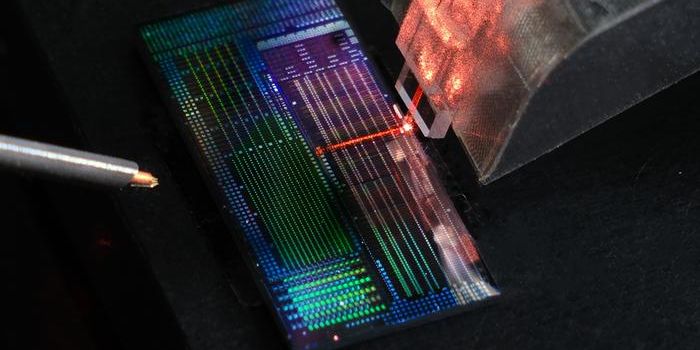Aluminium batteries are more sustainable
Research from Chalmers University of Technology in Sweden and the National Institute of Chemistry in Slovenia highlights another environmental innovation, this time focused on creating more sustainable and effective batteries. Changing lithium-ion batteries for aluminium batteries could be a step toward a more environmentally-friendly future, especially because aluminium is already a well-known metal with better recycling properties.
"The material costs and environmental impacts that we envisage from our new concept are much lower than what we see today, making them feasible for large scale usage, such as solar cell parks, or storage of wind energy, for example," says author Patrik Johansson, Professor at the Department of Physics at Chalmers. "Additionally, our new battery concept has twice the energy density compared with the aluminium batteries that are 'state of the art' today."
The genius in the researchers’ concept was to replace the graphite cathode that has been used in previous aluminium batteries with an organic, nanostructured cathode, made of the carbon-based molecule anthraquinone. The perk of using an anthraquinone cathode is that it is capable of storing positive charge-carriers from the electrolyte (the solution in which ions move between the electrodes), meaning there is higher energy density in the battery.
"Because the new cathode material makes it possible to use a more appropriate charge-carrier, the batteries can make better usage of aluminium's potential. Now, we are continuing the work by looking for an even better electrolyte. The current version contains chlorine -- we want to get rid of that," says author Niklas Lindahl, who studies the internal mechanisms which govern energy storage at Chalmers University of Technology.
While this research is just in the beginning stages and there are not yet commercially available, the authors hope that they could one day replace lithium-ion batteries.
"Of course, we hope that they can. But above all, they can be complementary, ensuring that lithium-ion batteries are only used where strictly necessary. So far, aluminium batteries are only half as energy-dense as lithium-ion batteries, but our long-term goal is to achieve the same energy density. There remains work to do with the electrolyte, and with developing better charging mechanisms, but aluminium is in principle a significantly better charge carrier than lithium, since it is multivalent -- which means every ion 'compensates' for several electrons. Furthermore, the batteries have the potential to be significantly less environmentally harmful," says Johansson.
If the researchers are successful in their goal, the batteries could eventually be scaled up to store wind and solar energy much more inexpensively.
Sources: Science Daily, Energy Storage Materials









